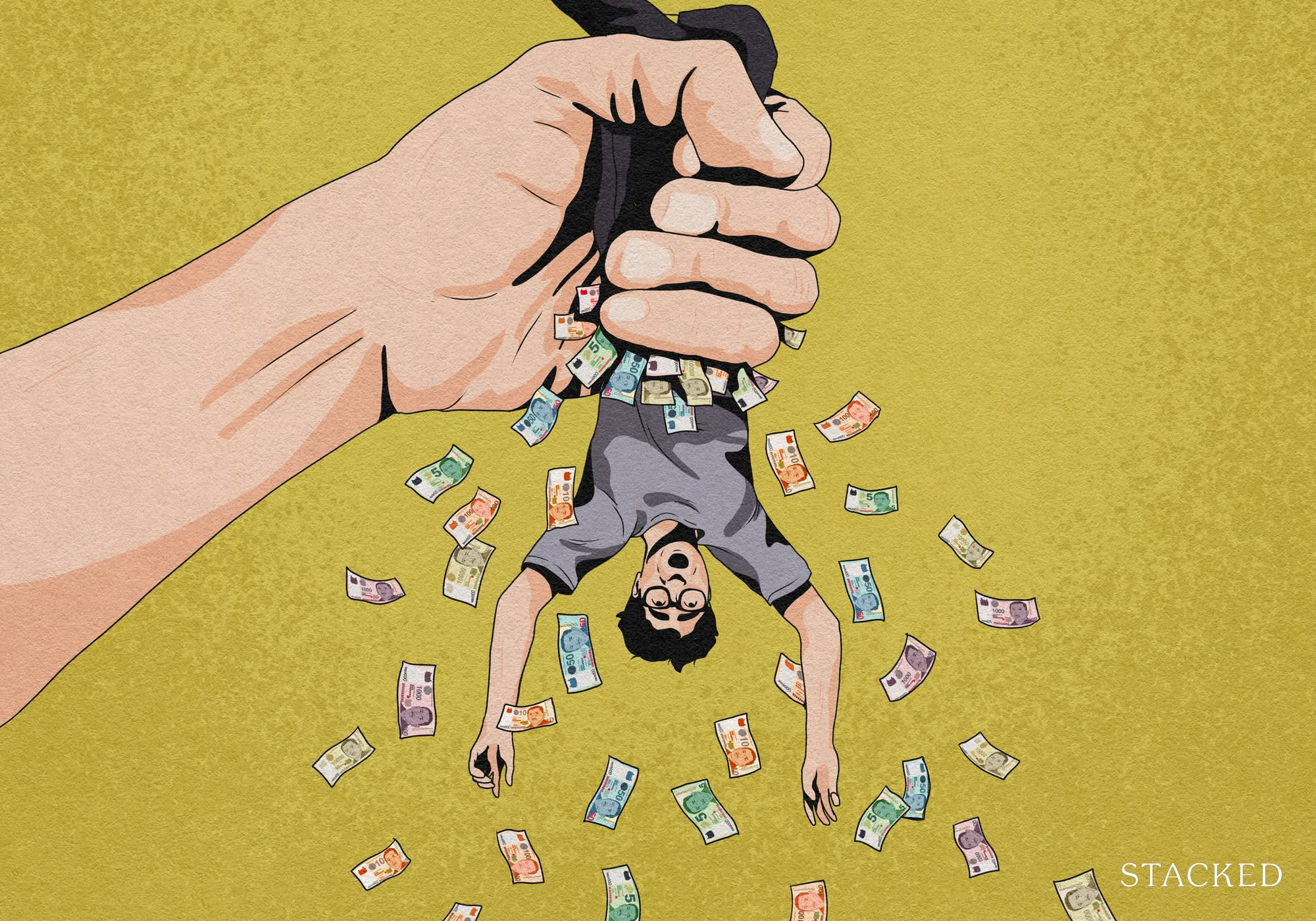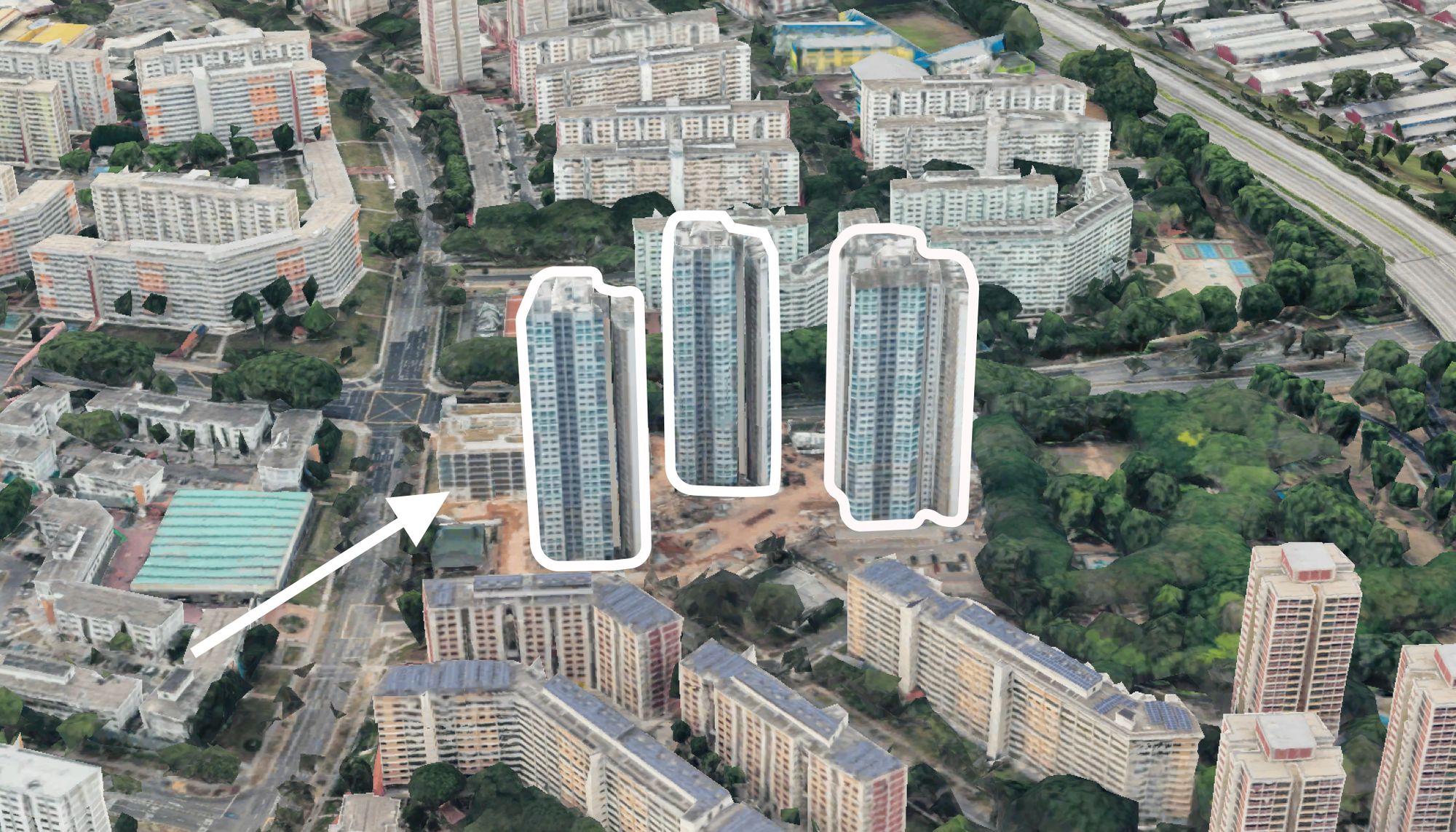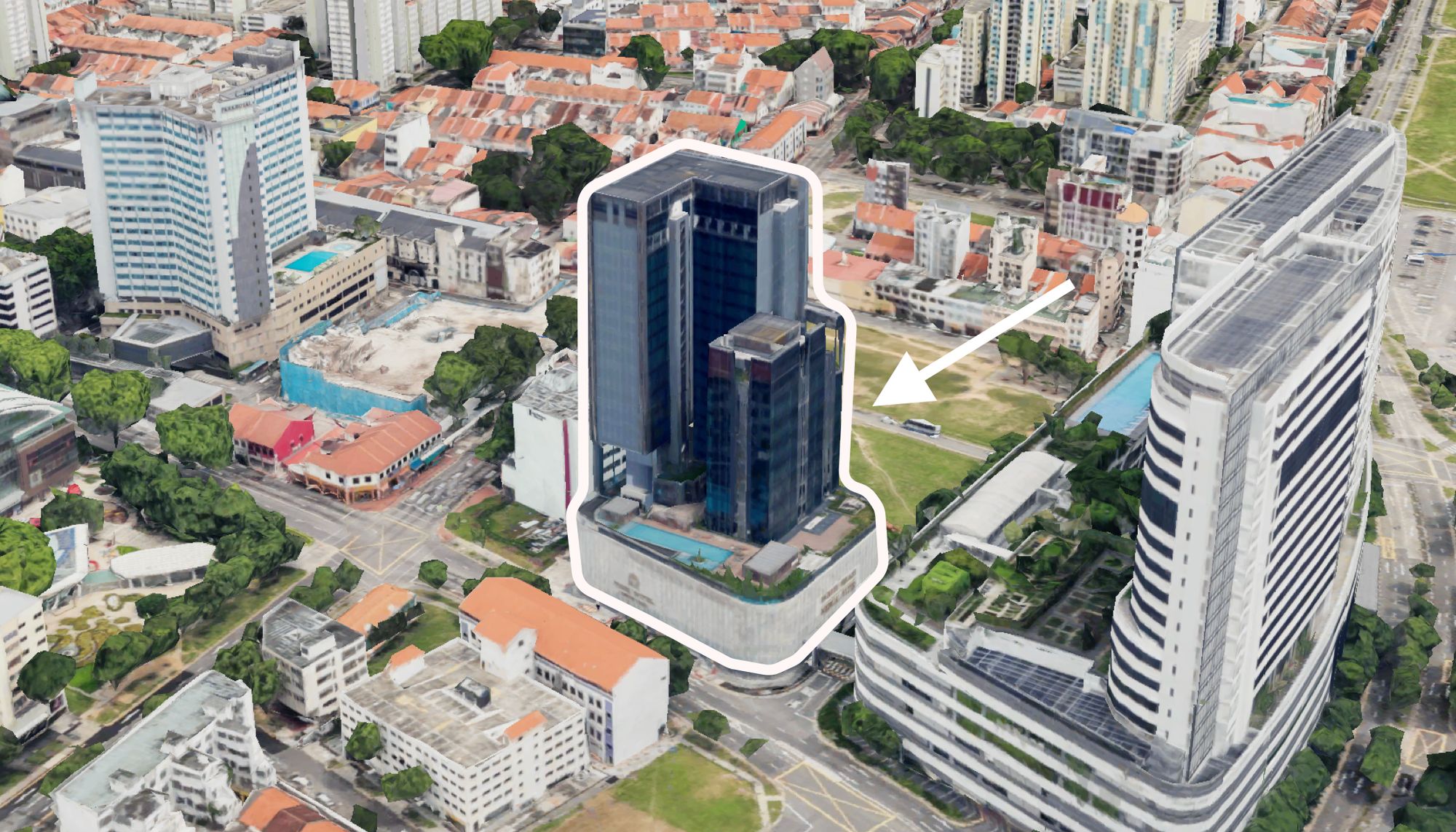Is Property Decoupling To Avoid ABSD Now Illegal?
August 4, 2025

“Sell one, buy two” was such a widely used piece of property advice, I would be shocked if every property agent hasn’t uttered it at least once. And while the practice is less common today, some buyers still definitely do it: transferring the home to just one co-owner (usually a spouse or some other family member), so they’re free to take on an entirely different property. Given that this has been going on since way before COVID, it’s a bit of a shock to some – agents included – that it is, in fact, illegal; if done specifically to avoid the ABSD. But what does that mean? Here’s the lowdown on this head-scratcher:
How one couple’s legal dispute ended up alarming everyone

In an odd twist, it’s one couple’s legal battle over a property that brought all this to light recently; and they even broke up before they got to buying another property anyway.
The couple – unmarried – held their home 99-to-1 in her favour and had plans to decouple, with the boyfriend eventually buying another place ABSD-free. But before the plan could hatch, the relationship collapsed. And whilst the courtroom drama was about how much he should get for the place, that ended up being a side note for many in the industry.
The big issue is that, during the proceedings, the judge made it very clear: if the plan had gone ahead – and the intent behind it was to dodge ABSD – it would have amounted to tax evasion.
That one judgment – tacked on to a failed relationship and a property dispute – has now sent a huge wave through the real estate industry. The implication is that every 99 -1 arrangement to avoid ABSD, which we dare say is many of them, is illegal.
This results in two serious issues:
First, intent is open to interpretation
Owning even one per cent of a property is significant. If you legally own one per cent of a property in Singapore – whether as a tenant in common or joint tenant – you cannot be forcibly “kicked out” by your co-owners as long as your ownership is valid.
So I might be asked to pay for one per cent of the property for reasons of security – for example, say I’m buying a property with a life partner, who for whatever reason I cannot legally marry. My income is low or limited; so instead of putting money up front, I put in a token one per cent. This is not because I intend to buy a separate property later; it’s simply a surety, so I can’t be kicked out later.
Now purely as a side-effect, I could also also transfer the one per cent to someone else later on, and then buy another property with no ABSD. But note that this was never the intention.
But fast forward a few years, and I’m earning more; and I decide the best way to be secure is to buy my own place.
If I then transfer the one per cent, and buy a second property with no ABSD, can it be said that I intended to avoid the ABSD all along? If I’m still living with my life partner at the time, and we’re basically enjoying two properties (one may even end up being rented out,) then it could be argued I’ve performed a kind of tax-dodge; even if it never entered my mind at the time of the 99-1 arrangement.
Second, there is the issue of culpability and fairness
Let’s not pretend most buyers came up with “sell one, buy two” on their own while staring at an IRAS flowchart, then screaming “Darling, I got it! I know how to avoid ABSD!”
More from Stacked
Why The Singapore Property Market Will Be Different In 2026 — And It’s Not Just About Prices
As we write this article on the first day of the new year, 2026 is shaping up to not look…
“Sell one, buy two” was a widely circulated, frequently encouraged strategy for years. Buyers were told this was how to build a property portfolio. It was in property blogs, in seminars, in WhatsApp groups, etc. The deals were executed, which means conveyancing firms and lawyers were also involved.
And now, suddenly, some of those very same deals are discovered to be a tax crime?
Also, if buyers were advised to proceed by industry professionals, how is it fair to pin all the blame on the buyer?
Also, if even the experts didn’t seem to have understood all this before, how clear was the law to begin with? Maybe this shouldn’t be seen as a matter of intent, but about a systemic misunderstanding, and it may not be fair to throw previous buyers to the proverbial wolves.
The immediate impact on the property market
In a way, it’s fortunate that “sell one, buy two” was already dying down when this happened. On the ground, realtors pointed out that – given the higher home prices in 2025 – it’s a much smaller group of couples or families who can afford dual mortgages today.
That said, realtors did remark that some buyers pulled out of the purchases once the news broke. One realtor noted that, at a recent new launch, a buyer purchasing for their children backed out once the news broke. They wouldn’t have been affected as it was a genuine case of supporting family; but they were too nervous to go ahead anyway.
Another realtor expressed that this could affect the sale of smaller units, in particular one-bedders. This is because the “sell one, buy two” strategy often hinges on buying one larger and one smaller property: one to live in, and the other to rent out. The rental asset is usually a one-bedder; so assuming a knee-jerk reaction from the market, one-bedder sales could be briefly impacted.
So where does this leave buyers, sellers, and professionals?
At the moment, the safest thing you can do is to tread carefully. If you’re planning a 99-to-1 arrangement or considering decoupling in any form, speak to a legal or tax expert before making any moves. If your intent is clearly to help a family member buy a home, document that and make sure the transaction reflects it. Transparency and proper documentation are now more important than ever.
For professionals like agents, this is likely the final nail in the “sell one, buy two” coffin. The set legal precedent means the language around decoupling is going to change, and no agent wants to risk the possible consequences if it goes wrong. It’s likely that the stock response to decoupling, from now on, is just to say that it’s illegal to decouple just to avoid ABSD. If you still insist on transacting, it’s likely that no one will stop you, but if anything goes wrong, they can shrug and say they did warn you.
The people most affected by this are the ones counting on support from family to get their mortgage approved. If you need a parent or grandparent as a co-owner, for TDSR purposes, the process may now be a bit more complicated. If you need help with this, reach out to us at Stacked; and follow us for more updates as the situation unfolds.
At Stacked, we like to look beyond the headlines and surface-level numbers, and focus on how things play out in the real world.
If you’d like to discuss how this applies to your own circumstances, you can reach out for a one-to-one consultation here.
And if you simply have a question or want to share a thought, feel free to write to us at stories@stackedhomes.com — we read every message.
Frequently asked questions
Is transferring property ownership to avoid ABSD illegal in Singapore?
What are the risks of using a 99-to-1 ownership arrangement to avoid ABSD?
How does the recent legal case impact property buyers using decoupling strategies?
Can owning even 1% of a property affect my ability to buy another property in Singapore?
What should buyers and professionals do in light of the new legal stance on property decoupling?
Ryan J. Ong
A seasoned content strategist with over 17 years in the real estate and financial journalism sectors, Ryan has built a reputation for transforming complex industry jargon into accessible knowledge. With a track record of writing and editing for leading financial platforms and publications, Ryan's expertise has been recognised across various media outlets. His role as a former content editor for 99.co and a co-host for CNA 938's Open House programme underscores his commitment to providing valuable insights into the property market.Need help with a property decision?
Speak to our team →Read next from Singapore Property News

Singapore Property News Nearly 1,000 New Homes Were Sold Last Month — What Does It Say About the 2026 New Launch Market?

Singapore Property News The Unexpected Side Effect Of Singapore’s Property Cooling Measures

Singapore Property News The Most Expensive Resale Flat Just Sold for $1.7M in Queenstown — Is There No Limit to What Buyers Will Pay?

Singapore Property News Why Housing Took A Back Seat In Budget 2026
Latest Posts

Property Market Commentary How I’d Invest $12 Million On Property If I Won The 2026 Toto Hongbao Draw

Overseas Property Investing Savills Just Revealed Where China And Singapore Property Markets Are Headed In 2026

Property Market Commentary We Review 7 Of The June 2026 BTO Launch Sites – Which Is The Best Option For You?































0 Comments